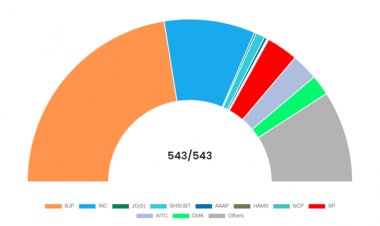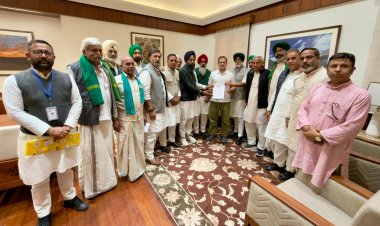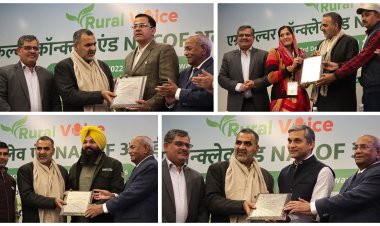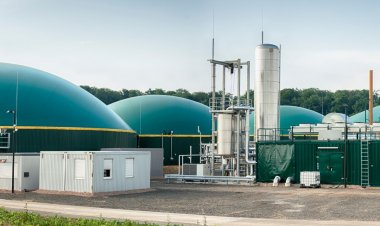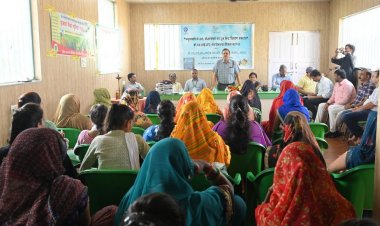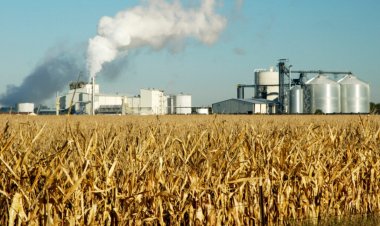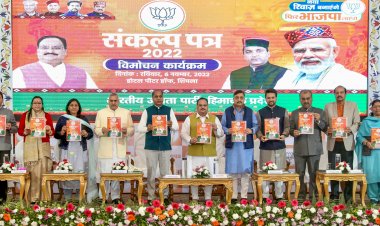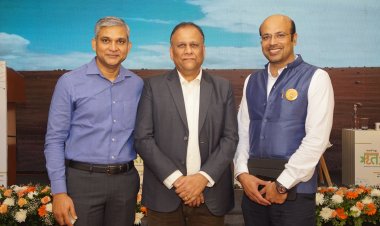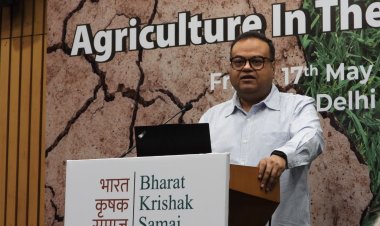J&K Apple Growers Struggle Amid Neglect, Call for Government Action as Final Phase of Voting Nears
As Jammu and Kashmir's assembly elections progress, apple growers' issues are being largely overlooked. Despite being India's top apple-producing region, farmers face challenges like counterfeit pesticides, lack of crop insurance, and duty-free apple imports hurting local prices. Calls for government intervention, such as establishing pesticide labs and imposing import duties, remain unmet.
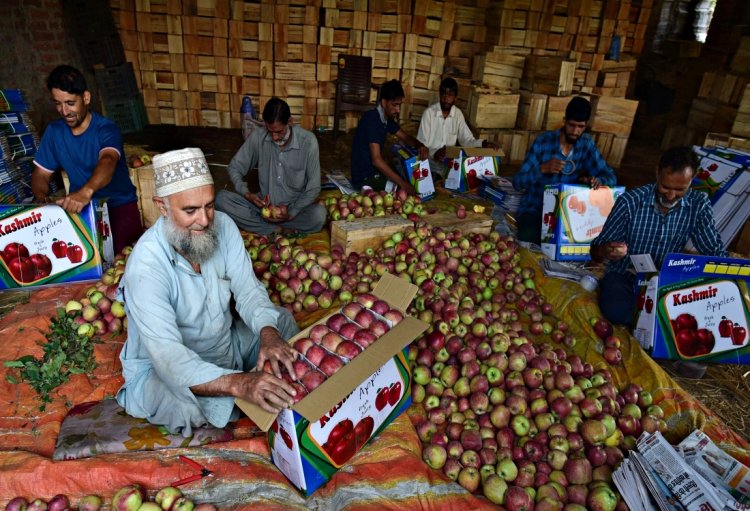
As assembly elections progress in Jammu and Kashmir, with two phases of voting already completed and the final phase scheduled for October 1, the pressing issues faced by apple growers are receiving little attention. Despite being the country's top apple-producing region, known for its breathtaking landscapes, the concerns of these growers are largely ignored. Local apple farmers are becoming increasingly frustrated over the lack of government support, especially as they continue to rely on traditional farming methods with limited technical knowledge, which hampers their productivity. Although political manifestos often promise support, the specific demands of these farmers remain unmet.
Speaking with Rural Voice, growers and traders expressed their disappointment, emphasizing that despite their numerous demands, there has been no action taken. This lack of response has left many growers feeling sidelined, making apple farming issues a potential deciding factor in the ongoing elections.
Bashir Ahmed, a grower from Sopore, pointed out that the apple economy in Jammu and Kashmir is valued at roughly Rs 8,000 crore, employing around 3.5 million people. Despite the scale of the industry, he noted the lack of modern agricultural techniques and insufficient government support.
One major concern is the widespread use of counterfeit pesticides, leading to significant annual losses. Growers have been demanding pesticide testing laboratories in apple-growing districts to address this issue. The absence of crop insurance compounds their challenges, as unseasonal rains and hailstorms often cause extensive damage to harvests. Additionally, the influx of duty-free apples imported from other countries has lowered demand for Kashmiri apples, driving prices down and adding to the growers' woes.
Fayaz Ahmed Malik, President of Sopore Mandi, Asia's second-largest fruit market, told Rural Voice that no significant efforts have been made by the government to promote apple farming in Jammu and Kashmir. Growers have been advocating for a special policy to support the Kashmiri apple industry for years, but their calls have gone unanswered.
Malik highlighted the impact of duty-free apple imports under the Asian Free Trade Area (AFTA), where apples worth crores are imported annually from Afghanistan without any import tax, along with those from Iran and China. This has resulted in a glut in the market, leading to lower prices for Kashmiri apples and diminishing profits for local orchardists.
He also noted that while apples worth crores are exported from Kashmir to Bangladesh every year, the Bangladeshi government imposes a 100% import duty on them. Malik argued that if the Indian government reciprocated with similar tariffs, it would help improve returns for local growers. He added that Kashmiri apples are highly sought after for their superior taste and quality, attracting traders from across the country. With the issues facing apple growers looming large, Malik urged them to vote for the party that genuinely supports their interests, making agriculture a key factor in this election.



 Join the RuralVoice whatsapp group
Join the RuralVoice whatsapp group


















